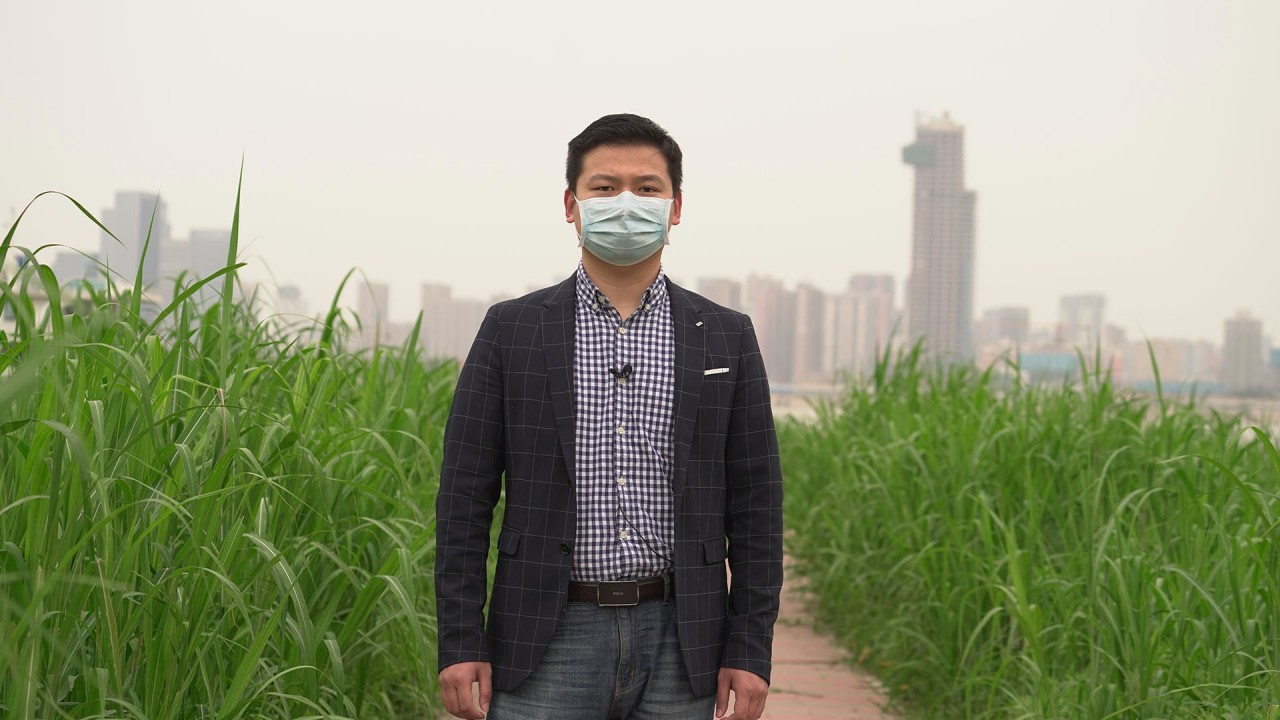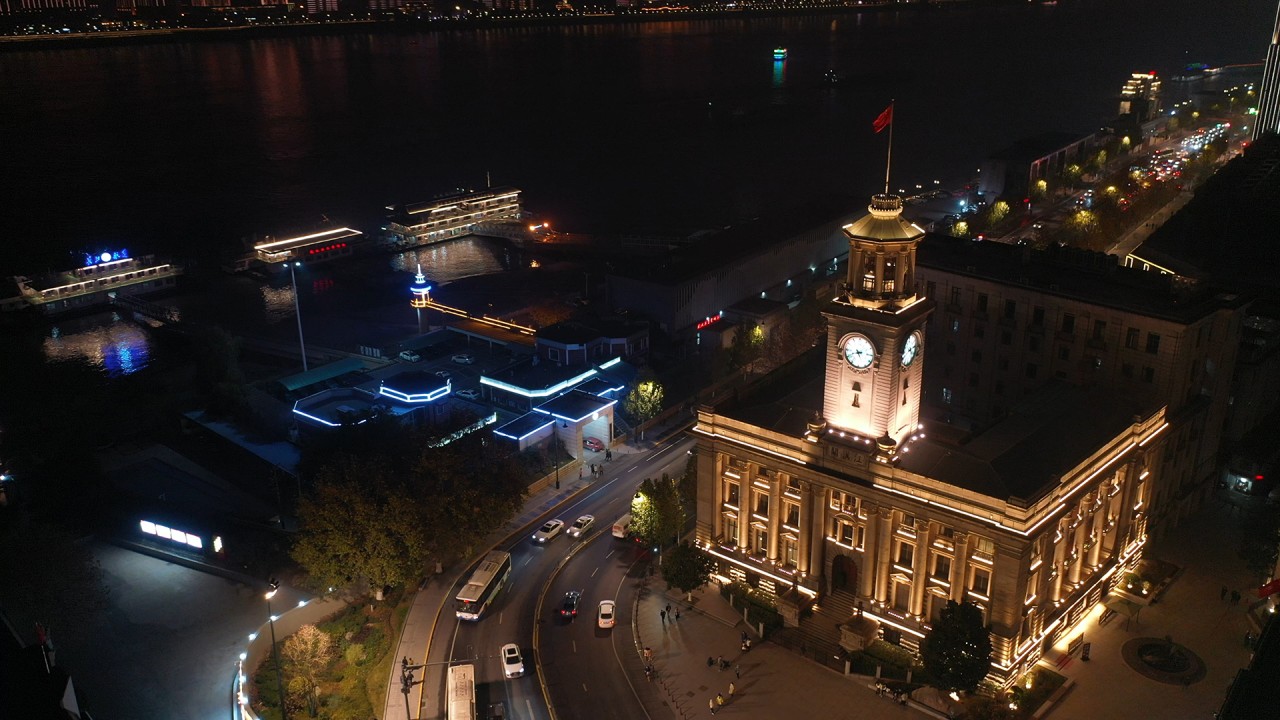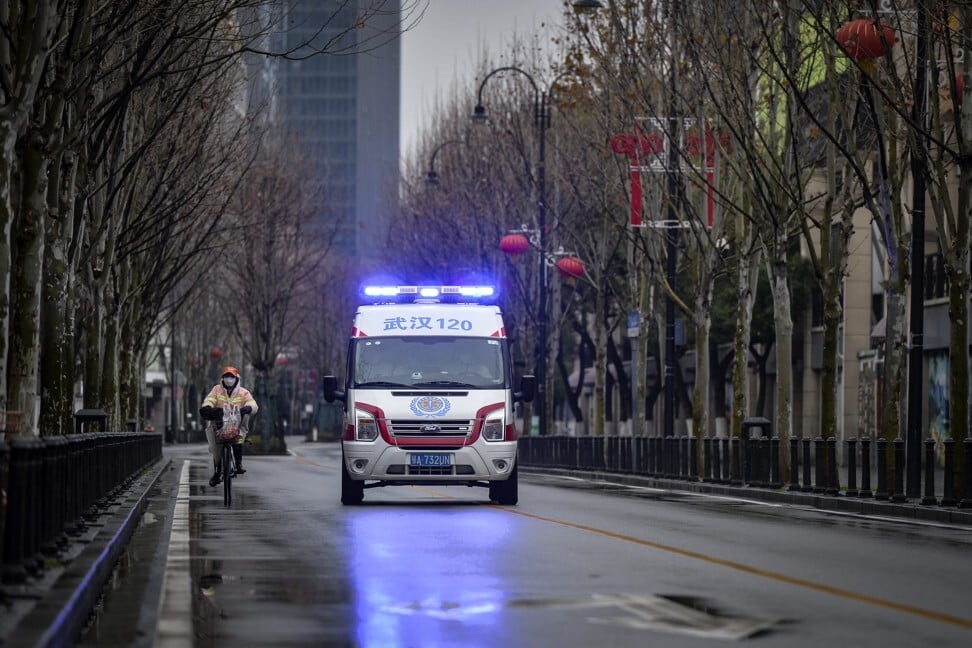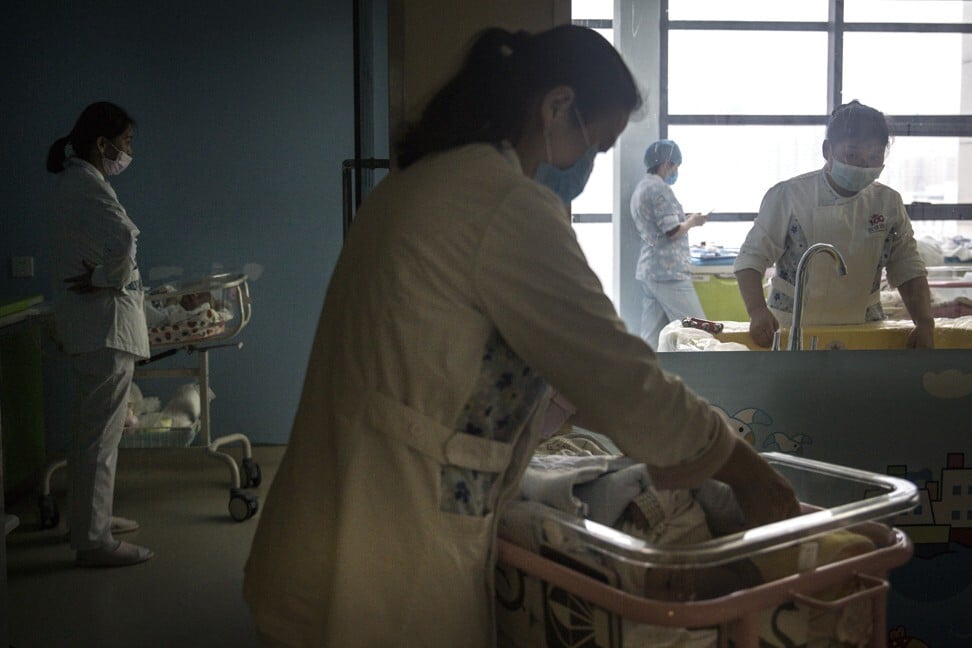
06:38
Wuhan man recounts struggles after father and pregnant wife contract Covid-19
Family in China who survived Wuhan’s coronavirus outbreak demands the truth over government’s slow actions
- Three generations of Cheng Pan’s family were caught up in the coronavirus in Wuhan, with his newborn child separated from his wife straight after he was born
- Now their biggest wish – apart from their safety – is the truth be told over the government’s actions, to avoid similar mistakes being made in future
One year after the coronavirus outbreak, the South China Morning Post returns to the Chinese city of Wuhan, where a family which saw three generations caught up in the coronavirus is now seeking the truth from the Chinese government about why it put millions of people’s lives in danger by refusing to act quickly.
Cheng Pan expected to begin 2020 welcoming a newborn son. Instead, he spent it battling to save three generations of his family from the impact of the killer Covid-19 virus.
Now, the 30-year-old accountant from Wuhan is demanding answers and accountability for how the local government mishandled the outbreak of a disease which even official figures say killed more than 3,000 and infected 50,000 in the city alone.
For many families in Wuhan, the start of the year should have been a happy time, but the city – including Cheng and his family – was plunged into devastation as the mystery virus struck.

In January, just 10 days from giving birth to their second child, Cheng’s heavily pregnant wife Zhou Xiaomen fell victim to the disease – which later became known as Covid-19 – after being infected unwittingly by her 51-year-old father-in-law.
By early February, all of Cheng’s family were separated by the coronavirus: his father in a makeshift hospital; his wife at a hospital for pregnant Covid-19 patients; his newborn whisked away to a children’s hospital as infection fears soared and the baby battled sepsis; his two-year-old daughter staying with his mother-in-law; and his mother sitting alone in fear in her own apartment.
He didn’t know at the time that he would be separated from his wife for almost a month. But dealing with the various crises left Cheng no time even for fear.
She didn’t see her son for one second after he was born because he was transferred to the children’s hospital. All this was very hard on her and she became very emotional
“I was so preoccupied finding hospital beds for them, buying drugs and checking their medical situations at the same time that I didn’t have time to think, to feel tired or scared of being infected myself,” Cheng said.
Now, months later, Cheng said the huge losses the city suffered could have been avoided if the public had been warned earlier.
He also called for justice to be served on those who mishandled the early stage of the outbreak.
“I wish the government could look back, hold those who mishandled (the crisis) accountable and correct the wrong data on death,” Cheng said.

The Wuhan government did not report any new coronavirus cases for a 12-day period in January. It was only on January 19 the public was told that the virus was infectious, while residents had already been swarming hospitals for treatment for unexplained lung infections.

05:47
Returning to Wuhan one year since the Chinese city became ground zero of the Covid-19 pandemic
Before large makeshift treatment centres were built in mid-February, Wuhan hospitals were so overwhelmed that even coronavirus tests were scarce, with patients also being sent home to wait for results.
Covid-19 pandemic: in-depth analysis one year after Wuhan
Cheng was forced to spend up to eight hours in hospitals each day so his father could receive treatment, including intravenous drips and medication.
Cheng’s heavily pregnant wife was admitted to hospital as a suspected Covid-19 case after showing symptoms of a cold. A CT (computerised tomography) scan showed her lungs were affected, although she didn’t develop a fever and returned a negative coronavirus test. It was only later that she received a confirmed infection result, with positive tests for coronavirus antibodies.

He was allowed to visit his newborn baby only once a week, so he resorted to his hospital app to see which tests the baby had taken and what the results were. He spoke on video phone with his daughter and delivered daily necessities to his mother and mother-in-law.
“Sometimes the street was completely empty because of the lockdown and there were no cars but ambulances, undertakers’ vans, police cars and my car. You could hardly forget the silence on the street,” he said.
WHO’s coronavirus detectives look to Wuhan market as undisclosed map surfaces
While Cheng himself did not have the time to feel worried, his wife’s separation from her children caused her to suffer emotionally.
“She is a full-time mother and had never parted with our daughter. She didn’t see her son for one second after he was born because he was transferred to the children’s hospital. All this was very hard on her and she became very emotional,” Cheng said.
Cheng’s wife was discharged in mid-February, showing very mild symptoms, with her son joining them later in the month before their daughter also returned to live with them.
Cheng’s father was discharged in March and returned home to live with Cheng’s mother, who did what she could to avoid direct contact with him. The elderly couple stayed in different rooms, with Cheng’s mother leaving meals in disposable bowls at the father’s door.
Other measures included constantly disinfecting the toilet and common areas, and blocking drain openings in the bathroom and kitchen to prevent the spread of the virus through sewage.

It wasn’t until May that Cheng’s father – who had, until then, been unaware that he had infected his daughter-in-law – was finally allowed to visit his new grandson.
“My wife didn’t hold any grudge against my father. My father only learned about the situation after my son had recovered well. I don’t want him to feel bad about (it),” Cheng said.
Despite suffering through the pandemic, lockdown and subsequent economic losses, the family is not considering leaving Wuhan and instead feels lucky to have survived, Cheng said.
His biggest wish, apart from his family’s safety, is that the truth will be told.
“I wish the truth to be restored, or the government might repeat the mistake if a similar situation happens again,” he said.

